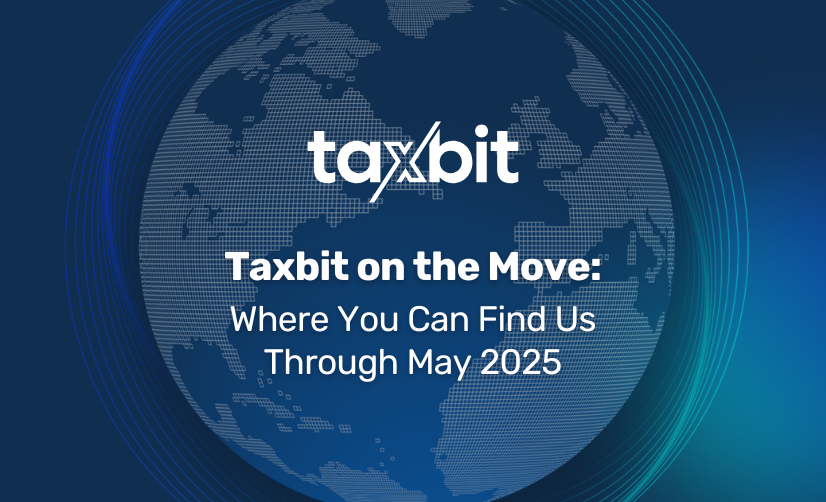What could this mean for enterprise businesses in the future?
The Financial Accounting Standards Board (FASB) unanimously voted to add digital asset accounting to its technical agenda on May 11, 2022.
While this vote doesn’t change any current accounting rules, it does highlight the growing importance of the digital assets space; the vote suggests the FASB could issue accounting guidance more tailored to digital assets and better aligned with the economic characteristics of this asset class at some point in the future.
During its public meeting, the FASB and its staff acknowledged the significant growth in the digital assets industry, the shortcomings of the current accounting approach, and the need to act and better align accounting outcomes with economic realities.
The FASB believes a pervasive need has been established, a project can be scoped, and there are feasible solutions that could be determined and implemented for digital assets.
What is the FASB?
The FASB is a non-profit, independent, and private sector organization that has been designated authority from the Security and Exchange Commission (SEC) to set accounting standards for companies that follow US generally accepted accounting standards (GAAP). The accounting guidance issued by the FASB is recognized as authoritative by the SEC and other regulatory bodies including the American Institute of Certified Public Accountants (AICPA).
The FASB is composed of seven board members whose work is supported by a staff of CPAs and accounting professionals.
How does the FASB set accounting standards?
When the FASB adds a topic to its technical agenda—such as digital assets accounting—it authorizes the staff to begin performing research and diligence on the accounting needs for stakeholders, and then developing recommended solutions.
As part of these diligence efforts, the FASB and its staff will speak with industry stakeholders including: companies who prepare financial statements; auditors; investors; and others who have a deep understanding of the key issues and industry needs.
Following these efforts, the staff will present its research, findings, and recommendations to the Board in a series of public board meetings. In each of these meetings, the Board will hear comments from the staff, openly discuss and debate the issues, make decisions by majority vote regarding the accounting rules, and direct the staff on next steps.
Once the working issues have been addressed, the Board will generally approve and publish an exposure draft—a draft of the proposed accounting standard made available for public comment. When the comment period ends, the staff will present the feedback to the Board, and the Board will again vote on whether or not to finalize the accounting guidance.
Once this process is complete, the accounting guidance becomes authoritative and companies will adopt and implement the guidance based upon the transition timeframe outlined within the standard.
Why is the FASB adding digital assets to its technical agenda?
Digital assets are a rapidly growing asset class; they’re quickly gaining momentum and achieving mainstream adoption.
In October 2020, the FASB unanimously voted not to add digital assets to its technical agenda; its primary reason was that the issues weren’t pervasive yet. Since that time, it’s evident there’s a growing and significant need for the FASB to provide more tailored guidance for digital assets accounting.
The FASB issued an Invitation To Comment (ITC) where more than 85% of respondents requested action be taken for digital assets. In response to this ITC, the FASB added digital assets to its research agenda in December 2021.
Below are some of the reasons Taxbit believes it’s the right time for the FASB to address this topic:
- As the FASB pointed out, a pervasive need has been established, a digital assets project is scopable, and there are feasible solutions that could be determined and implemented.
- There’s a growing list of market participants—including enterprises, investors, influencers, government bodies, and SEC filers—that are involved and actively engaged in the digital assets industry.
- The depth and breadth of consumer-facing products and services is expanding at an increasing pace. With that expansion, there’s also a rapid increase in the number of enterprises and SEC filers who expand their involvement. Involvement includes lending and borrowing activities, insurance and payment processing, and more.
- The pace of global adoption is rapidly increasing. Not only are large global businesses increasing their involvement in and exposure to digital assets—many of whom are US-based SEC filers—but state and local governments across the United States, and governments across the world, are doing the same.
- Lawmakers and regulators are recognizing the importance and potential of digital assets. The attention digital assets garnered as part of the passage of the Infrastructure Bill’s passage in the fall of 2021 made this all the more clear.
There’s no dispute—blockchain technology is one of the most innovative and transformative technologies of our time. With the rapid pace of innovation and the expanding application of digital assets, accounting standards need to be developed to further promote and inform this innovation. Companies need a framework to work within and communicate financial performance.
The current accounting guidance for digital assets—where digital assets are accounted for as intangible assets—is misaligned with many of the economic realities and characteristics of the assets.
The continued adoption of digital assets as a store of value and a means of payment creates an increasing need for businesses to have targeted accounting guidance to appropriately report digital asset activity in their financial statements.
Next steps and potential outcomes
Now that the FASB has expressed an interest in addressing digital assets accounting, the staff will continue its diligence efforts in earnest. Given the thorough nature of the FASB’s deliberative process, it’s uncertain how long this will take—there isn’t a set date for the Board’s next meeting on the topic. The FASB will post updates on progress, and the status of future public meetings is available on its website.
During its discussion, many board members shared a desire to allow for fair value reporting, but they wanted it to make it a requirement as opposed to a fair value option to drive consistency within the industry.
Many board members also suggested an initial limited scope that focuses on recognition, measurement, presentation, and disclosure.
Could the FASB adopt the fair value accounting method for digital assets?
Of those who responded to the FASB’s ITC and recommended it add digital assets accounting to the technical agenda, nearly 70% expressed support for and urged the Board to consider fair value accounting treatment for digital assets.
Fair value accounting is the clear favorite among stakeholders in the industry and would be a dramatic improvement from the current guidance. Stakeholders have expressed a fair value approach would be a more accurate depiction of the economic realities of digital assets and provide users of financial statements with better information.
Taxbit would love to hear from you
At Taxbit, we’re tracking the FASB’s progress very closely. If this project is of interest to you or your organization, we encourage you to stay involved in the process. We would also be happy to speak with you, hear how your organization is using digital assets, and share updates on the FASB’s project and the potential impact it could have on your organization.
Please don’t hesitate to reach out to us, and we look forward to speaking!
Explore other Taxbit resources:
- A Quick Guide to Accounting For Cryptocurrency
- Top 3 Crypto Tax and Accounting Considerations for US Finance Departments
- 4 Key Challenges of Digital Assets Accounting
- Digital Assets Accounting: The Challenge of Tracking Impairment by Lot
- SEC Says Crypto Custodies Should Report Customer Digital Assets on Their Balance Sheet
- The Infrastructure Bill Has Passed: What’s Next for Crypto?








